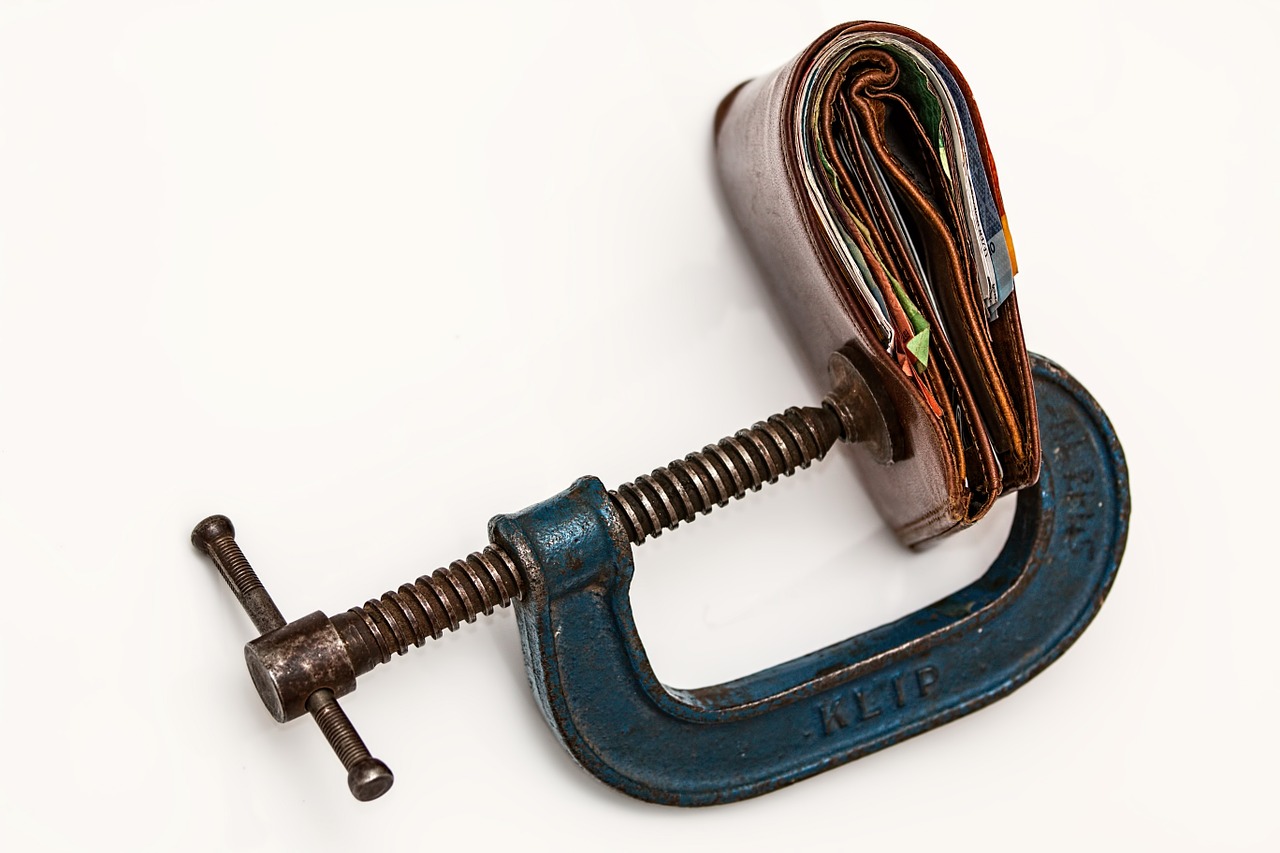Last Updated on: 22nd November 2023, 11:10 am
With Christmas fast approaching, the UK’s leading price comparison site, MoneySuperMarket, today reveals the true cost of festive debt – with many admitting that funding Christmas is taking both a financial and mental toll.
MoneySuperMarket research reveals that even though 40 per cent of Brits have increased their Christmas budget this year, nearly a third (31 per cent) still expect to overspend. Almost half (47 per cent) will simply spend too much, while 39 per cent will be caught out by inflation and the rising cost of presents and food.
When it comes to the emotional strain of financing Christmas, more than one in 10 (11 per cent) are kept up at night worrying about it, and for a further 10 per cent, it’s the first thing they think about when they wake up. Seven per cent admit Christmas finances put a strain on relationships with friends and family, while over a quarter (28 per cent) expect their debt to last beyond March 2019.
To make matters worse, a third will be mirroring their money habits from last Christmas – 36 per cent of Brits carried Christmas debt into 2018, with a quarter (27 per cent) starting the new year with credit card debt. A further one in 10 carried over debt from loans or store cards.
This trend is set to continue into 2019, with nearly a third (29 per cent) already planning to put this year’s Christmas spending on their credit card and a further 10 per cent either extending their overdraft or borrowing money from a friend or family member. The average credit card bill is expected to be £323 which, when added to existing debt, means the average Brit will owe £740 going into 2019.
Londoners will fare the worst, with a post-Christmas average of £955 credit card debt at the start of 2019. Conversely, East Anglians will have the least new year credit card debt with just £390 per person.
MoneySuperMarket’s top tips on how to manage your finances this Christmas:
1. Set yourself a budget – It’s never too late to have a budget in mind. See what you can afford without going into debt. It’s still possible, even with just a couple of weeks until Christmas.
2. Borrow responsibly – If you’re planning to borrow, ensure you do it in the cheapest way possible. Whether that’s looking at a 0% interest purchase credit card or a current account with an interest free overdraft, it pays to research several products before making a decision.
3. Make a payment plan – Take control of your finances and make at least the minimum repayment on any credit card bill each month. Not only are you avoiding hefty interest fees, you’ll also reduce your debt at a regular pace and keep any introductory 0% offer periods.
4. Boost cash by selling what you no longer need – Making extra money is a great excuse for a clear out, helping you declutter before the new year and giving you some extra cash to spend on Christmas.
Sally Francis-Miles, money spokesperson at MoneySuperMarket, commented: “Everyone feels the squeeze at Christmas, with socialising, gift buying and the cost of hosting quickly adding up. If you’re hosting, ask your guests to bring a dish or something to help share the costs. It sounds small but it can really help to ease the burden.
“One way to help keep on top of finances is to set yourself a budget in the first instance and try to stick to it. However, if you do need to borrow, don’t panic. There are ways to borrow responsibly and manage your debt in a way that is doable for you.
“If you are planning to spend on a credit card that charges interest, consider a 0% deal. Some cards are offering 0% interest for 29 months, although Christmas does come round every year so try to plan ahead next year so you’re not still paying for this Christmas in two years’ time. Just make sure you pay the minimum repayment each month and pay any debt off before the 0% interest ends.
“While it can be a stressful time financially, taking these steps now means you can enter the new year knowing you’re in control of your money.”
Visit MoneySuperMarket for more information on how to manage your finances during the festive period.






